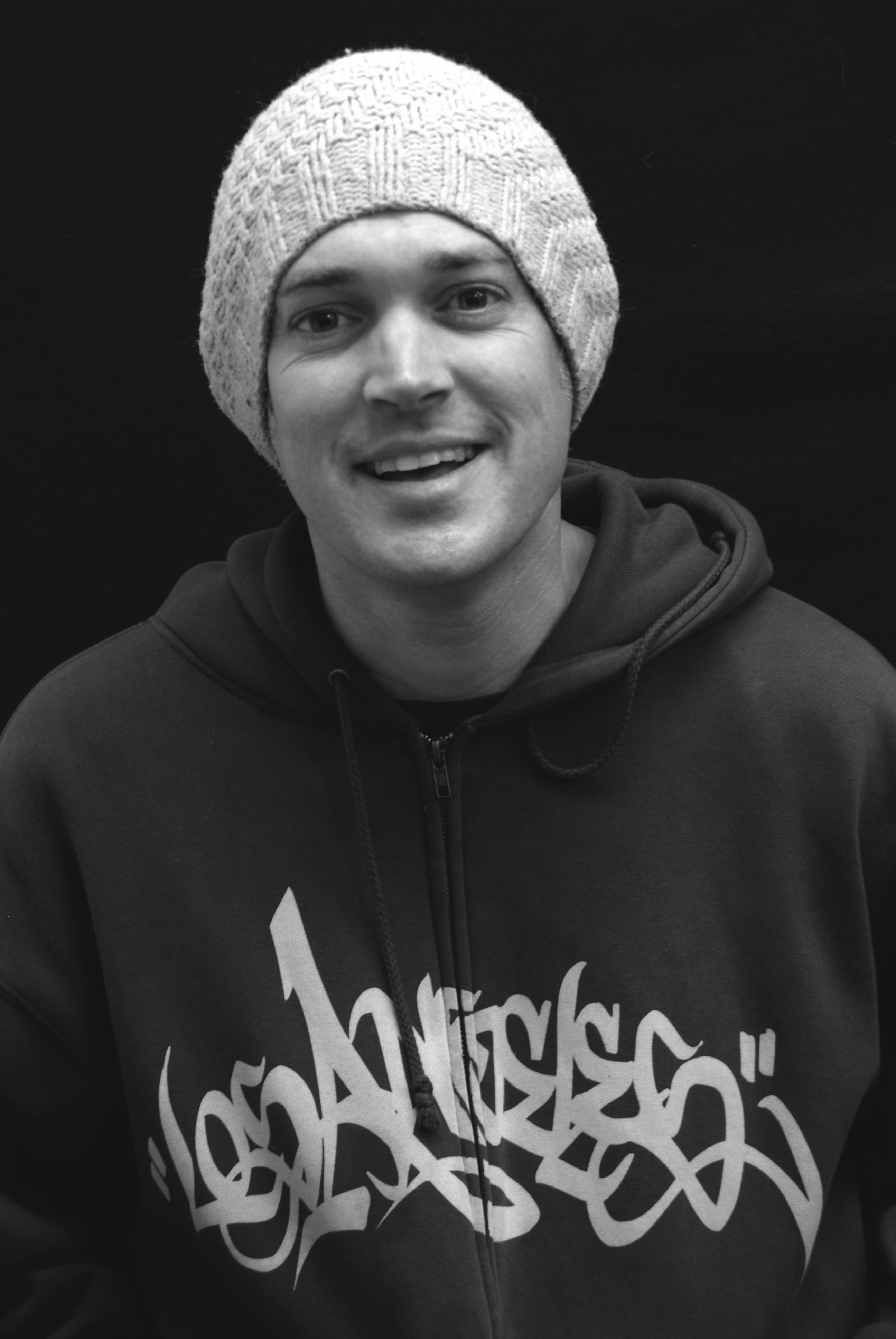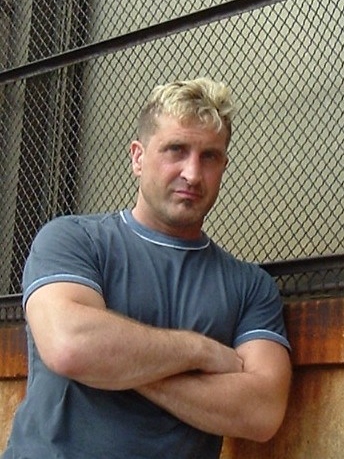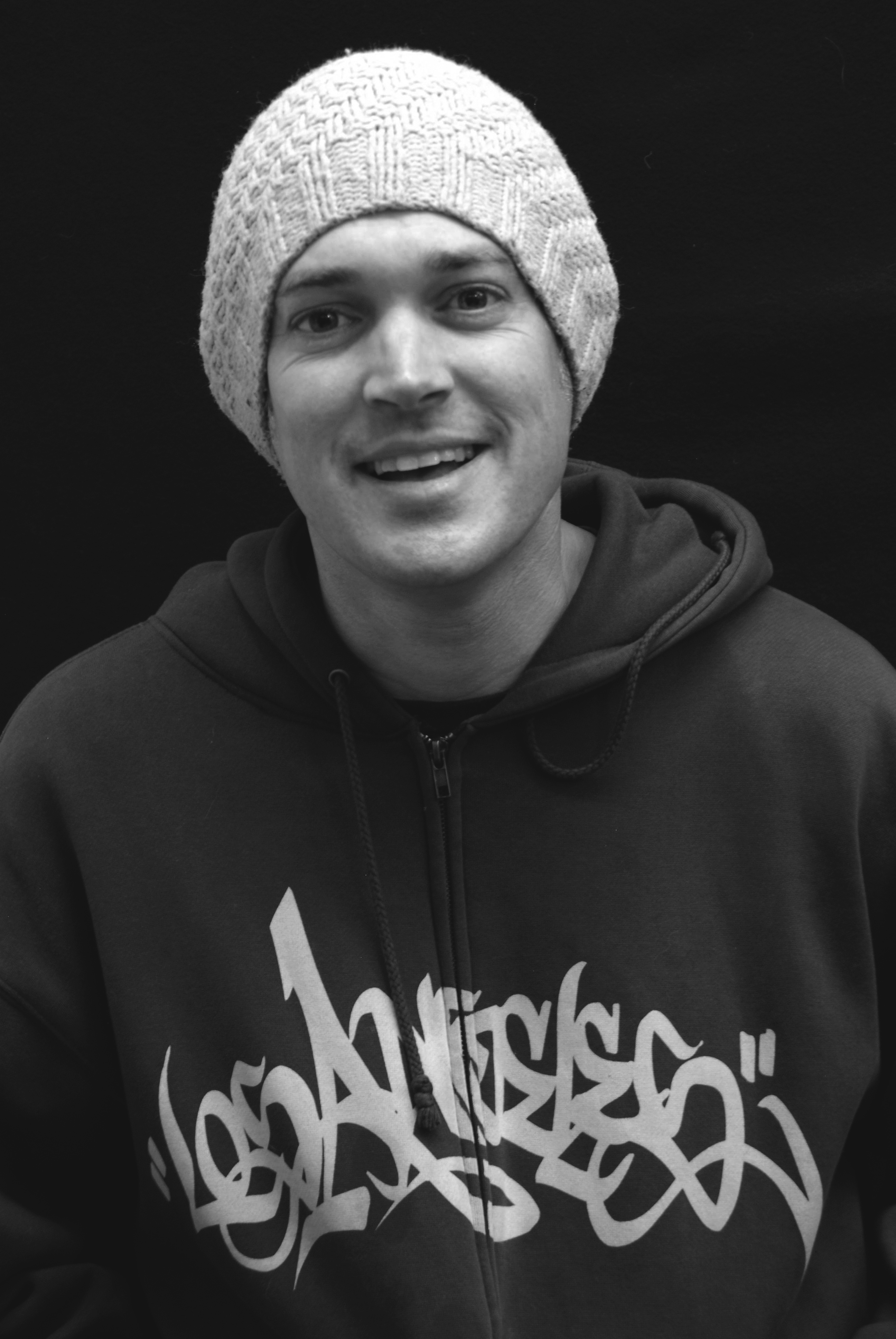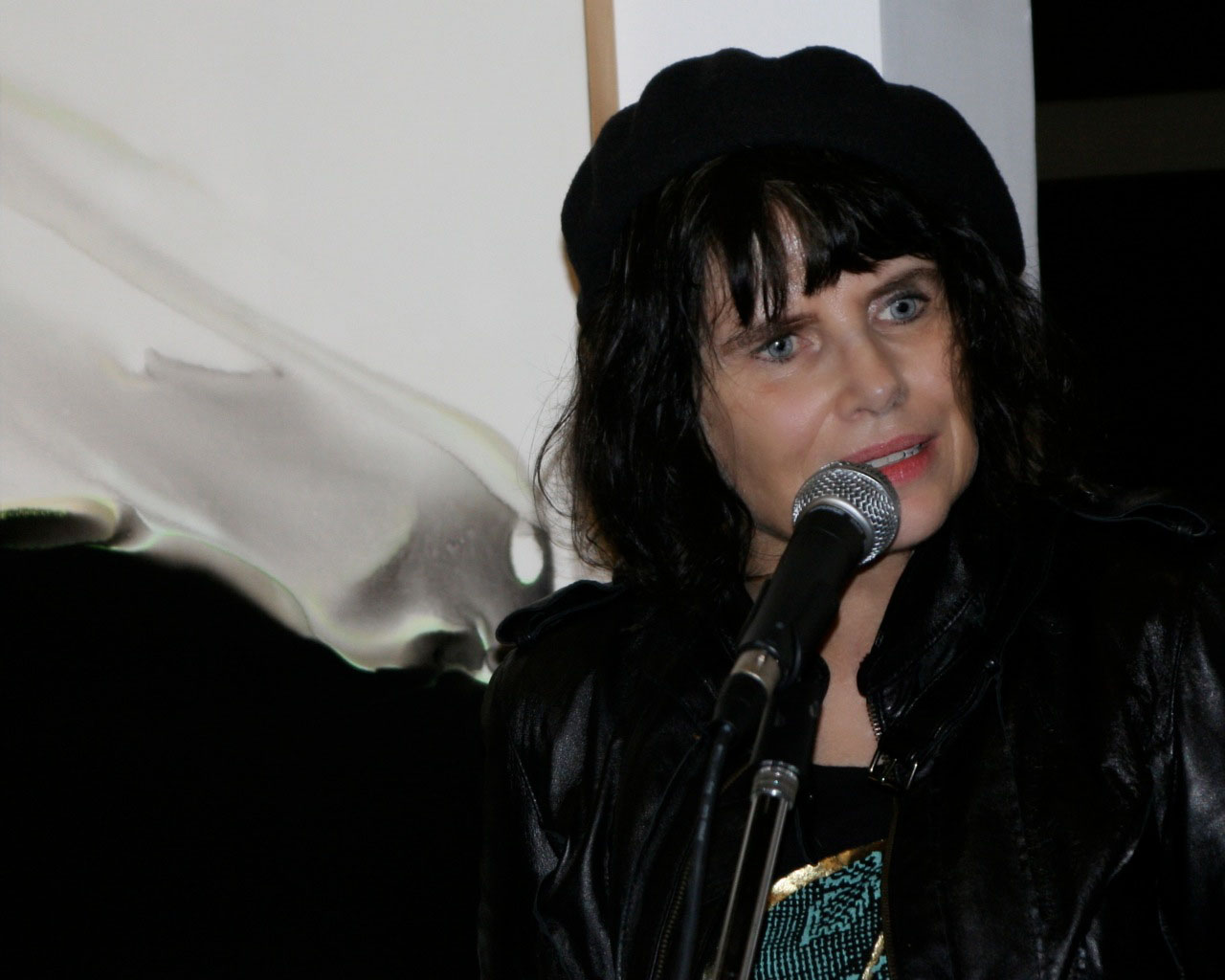Mike Sonksen Is Alive in Los Angeles
P&W-supported spoken-word artist Mike Sonksen, author of I am Alive in Los Angeles, blogs about the L.A. poetry scene.
I was at Beyond Baroque in October to witness a book release party for Wanda Coleman. Promoted as her last public reading for an indefinite amount of time, it was worth the congested drive to Venice on a Friday night to see her live. The World Falls Away is her second book published by University of Pittsburgh Press.
She is more blunt than ever, writing, "There is no poison I have not swallowed." Coleman reflects on her childhood in L.A., two marriages, and the loss of her son. Douglas Kearney says, "Wanda Coleman's hard-edged new collection interrogates death's nearsightedness. Mother outlives son. Feet wear out before the heart. And the truth teller dies before truth frees her. These poems don't go gently."
 Her sharp poetics always hit with musicality, which is a great fit for the Pitt Poetry Series. The series dates back to 1967 and is dedicated to publishing progressive poetry. Wanda's forty-plus years of work places here among the greatest poets ever to come out of L.A.
Her sharp poetics always hit with musicality, which is a great fit for the Pitt Poetry Series. The series dates back to 1967 and is dedicated to publishing progressive poetry. Wanda's forty-plus years of work places here among the greatest poets ever to come out of L.A.
Wanda Coleman is one of the major writers covered in Bill Mohr's new book Hold Outs: The Los Angeles Poetry Renaissance 1948–1992, University of Iowa Press. Mohr's book is one of the first real treatments of the history of L.A. poetry. There have been many books on slices of L.A. poetry like Charles Bukowski, the Watts Writers Workshop, and the Venice Beats, but there's never been one book as expansive as this one.
Over a fifteen year period Mohr published a literary journal and several books through his imprint Momentum Press. Mohr's anecdotes about Wanda Coleman, Leland Hickman, Ron Koertge, Gerald Locklin, and Suzanne Lummis bring the Carter and Reagan era alive. His book captures the ethos of the small press movement. Mohr describes the lively circuit of independent bookstores and small press publishers, cataloging the Southern California scene from the Venice Beats to the beginnings of the spoken-word movement.
Photo: Mike Sonksen. Credit: Chris Felver.
Major support for Readings/Workshops events in California is provided by The James Irvine Foundation. Additional support comes from the Friends of Poets & Writers.





 What is your most successful literary program?
What is your most successful literary program?
 On especially felicitous occasions, you get both, the audience and the person who walks away changed. Take last year's
On especially felicitous occasions, you get both, the audience and the person who walks away changed. Take last year's